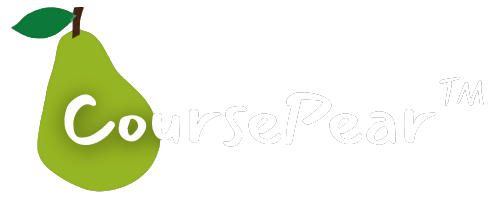本文是Uvic代写中较为常见的和Theory of Calculus 以及 Real analysis相关的数学代写案例,CoursePear数学代写 From 2009。
Mathematics 236, Fall 2022 HW #1 Due September 21
Department of Mathematics and Statistics
PROBLEM 1. Use the principle of mathematical induction (no credit for a solution by any other method) to prove that if x > −1, then (1 + x)n ≥ 1 + nx for all n ∈ N.
PROBLEM 2. A real number that is not rational is said to be irrational.
(i) Proof or counterexample: If x and y are both rational real numbers and x 6= y then x − y is rational.
(ii) Proof or counterexample: If x and y are both irrational real numbers and x 6= y then x − y is irrational.
(iii) Prove that z =√3 −√7 is irrational. (Hint: “eliminate square roots” to find a polynomial with integer coefficients that has z as a root.)
PROBLEM 3. The definition of absolute value of a real number (or more generally, of an element of any ordered field) is given in Section 3 of the text. The symbols a, b, and c denote real numbers.
(a) Show that |b| ≤ a if and only if −a ≤ b ≤ a.
(b) Prove that |a| ≤ |a−b|+|b| and that |b| ≤ |a−b|+|a|. (Hint: (a−b)+b = a and (b−a)+a = b.) Conclude that |a| − |b| ≤ |a − b|, and give an example where the inequality is strict. (c) Use induction to prove that if ak is a real number for each k ∈ N, then |a1 + a2 + · · · + an| ≤ |a1| + |a2| + · · · + |an| ∀n ∈ N
PROBLEM 4. Let A and B be nonempty subsets of R.
(a) Suppose B is bounded above and A ⊂ B. Prove that A is bounded above and sup A ≤ sup B. (b) Suppose A and B are bounded above. Prove sup(A ∪ B) = max{sup A,sup B}.
(c) Define the sum of sets A + B := {x ∈ R : x = a + b for some a ∈ A and b ∈ B}. Suppose A and B are bounded above. Prove sup(A + B) = sup A + sup B. (Hint: it is straightforward to show that the r.h.s. is an upper bound for A + B; you may use the characteristic property of sup to prove it is the smallest one.)
PROBLEM 5. Let S be a nonempty subsets of R.
Suppose f : S → R and g : S → R are bounded functions (this means their ranges are bounded subsets of R.
(a) Show that {f(x) + g(x) : x ∈ S} ⊂ {f(x) : x ∈ S} + {g(x) : x ∈ S}
(b) Prove that sup{f(x) + g(x) : x ∈ S} ≤ sup{f(x) : x ∈ S} + sup{g(x) : x ∈ S}. (c) Give an example of two functions for which the inclusion in part (a) is strict. (d) Show that the inequality in part (b) can be strict.
PROBLEM 6. Compute without proof the suprema and infima (if they exist) of the following sets: (a) {m/n : m, n ∈ N, m < n}; (b) {(−1)m/n : m, n ∈ N, n 6= 0}; (c) {n/(3n + 1) : n ∈ N}; (d) {m/(m + n) : m, n ∈ N \ {0}}.
CoursePear™是一家服务全球留学生的专业代写。
—-我们专注提供高质靠谱的美国、加拿大、英国、澳洲、新西兰代写服务。
—-我们专注提供Essay、统计、金融、CS、经济、数学等覆盖100+专业的作业代写服务。

CoursePear™提供各类学术服务,Essay代写,Assignment代写,Exam / Quiz助攻,Dissertation / Thesis代写,Problem Set代做等。
